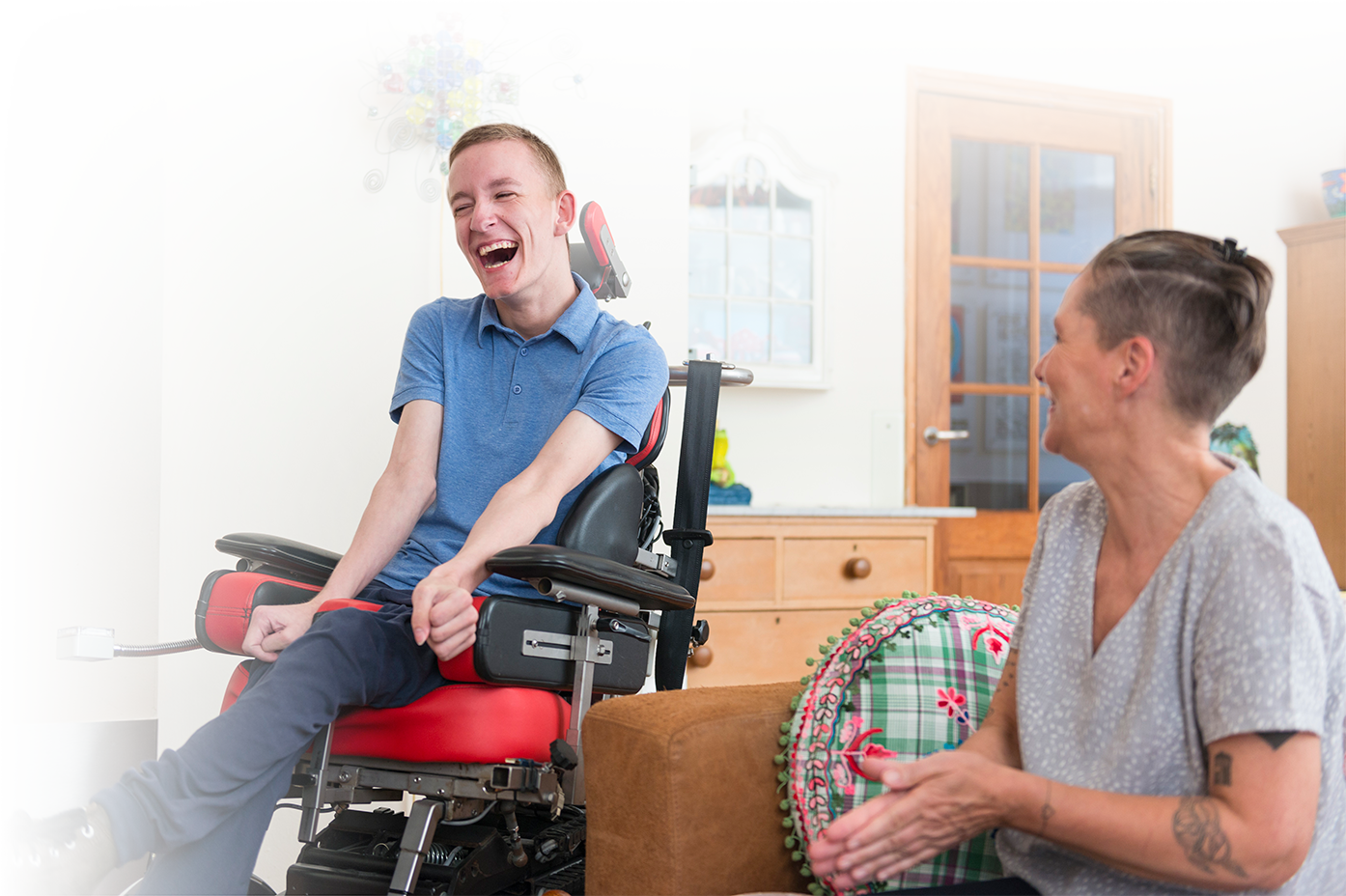Slider
Services

Empowerment to
Live Independently
CID offers a wide array of Services & Advocacy Programs for the betterment of your independence in the community. Learn more about all of our services and programs:
Donate
Share the
Gift of Independence
We have exciting goals for the year ahead. In order to make those goals a reality we need your help. You have the ability, with a donation of any amount, to positively impact the life of a person with a disability in San Mateo County… and get a tax write-off!

